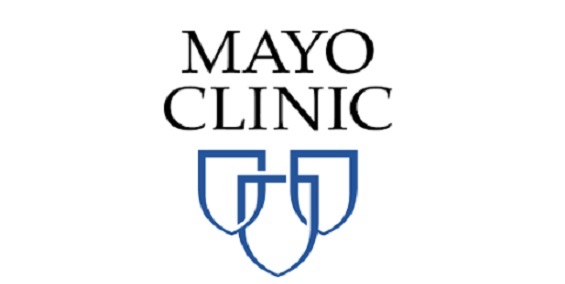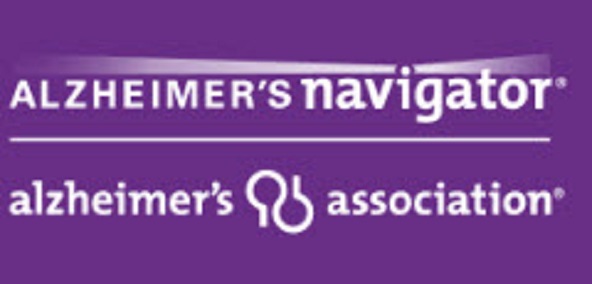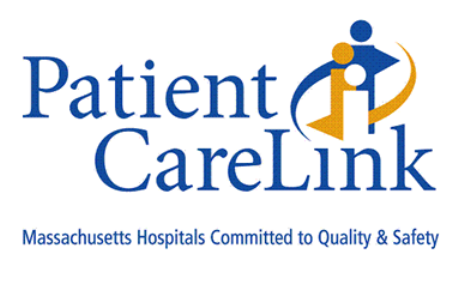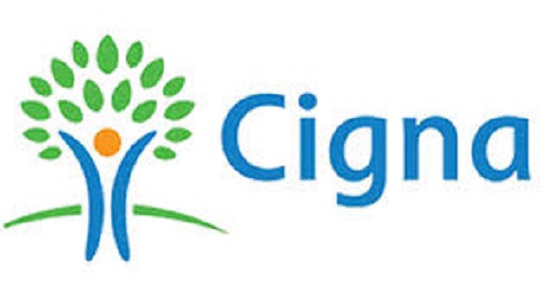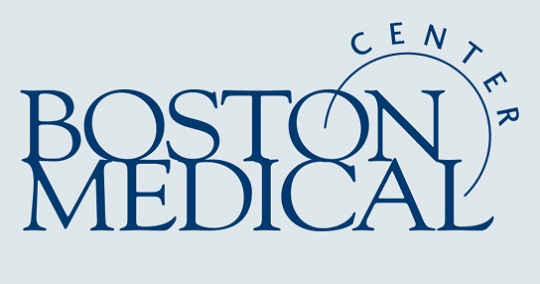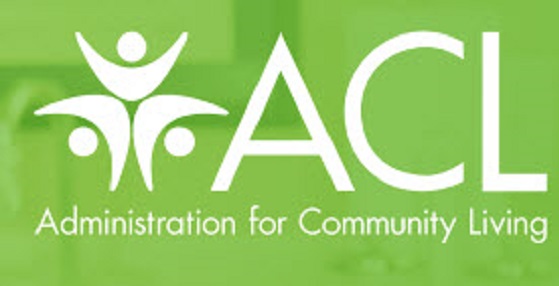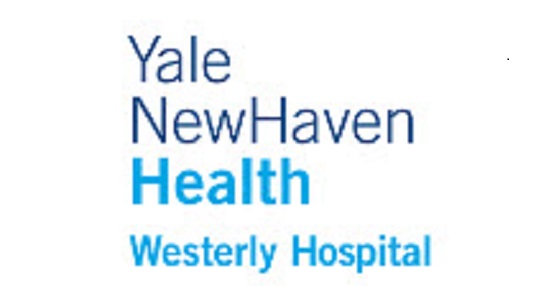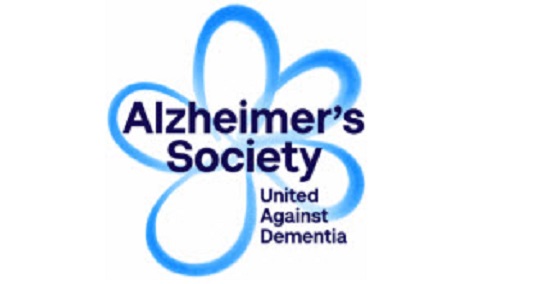The Mayo Clinic conducted a study that demonstrates that a 12-week in-person stress management and resilience intervention led to a statistically important and clinically meaningful improvement in happiness, satisfaction with life, and gratitude in healthcare workers.
Author: admin
Map Out a Plan to Approach Alzheimer’s
When facing Alzheimer’s disease, there are a lot of things to consider. Alzheimer’s Navigator helps guide Caregivers to answers by creating a personalized action plan and linking you to information, support and local resources
A diagnosis of Alzheimer’s disease raises many questions. The Alzheimer’s Navigator — a free online tool designed specifically for individuals with Alzheimer’s disease and their caregivers — helps guide you to answers by creating customized action plans and providing access to information, support and local resources.
The PatientCareLink‘s Healthcare Safety Page
The PatientCareLink’s Healthcare Safety page lists resources, current laws and regulations, as well as best practices for hospitals to use to craft their own healthcare safety programs.
Cigna – Creating a Workplace Wellness Committee: A Toolkit for Employers
This toolkit has helpful tips, tools and resources you can use to recruit, organize and manage an effective in-house wellness committee that drives results.
The Alzheimer’s Foundation of America’s (AFA)
The Alzheimer’s Foundation of America’s (AFA) mission is to provide optimal care and services to individuals living with Alzheimer’s disease and related illnesses and to their families and caregivers.
AFA was founded in 2002 by Bert E. Brodsky, whose mother lived with Alzheimer’s disease from 1980-1992. At that time, there was little information available and nowhere to turn for support. Mr. Brodsky’s goal was to make sure that no other family living with Alzheimer’s disease would have to go the journey alone.
Fifteen years later, AFA has grown to a network of more than 2,600 member organizations nationwide that provide direct care and services. To date, AFA has trained more than 13,000 healthcare professionals in dementia-specific care, provided free, confidential memory screenings to over 3.5 million people, and provides support, counseling and education to thousands.
Boston Medical Center Links Patients to Outpatient Addiction Treatment Services
Caregivers at Boston Medical Center (BMC) have released a study outlining how the hospital’s Addiction Consult Service (ACS) may be making a significant dent in the problem of inpatients with substance use disorder (SUD) relapsing into addiction – and being readmitted – shortly after discharge.
Numerous studies have shown that many inpatients (15% by one Massachusetts study) have an active SUD, and that they’re likely to be readmitted within 30 days of discharge. But treating a patient for substance use disorder in addition to whatever other forms of treatment the hospital is providing often does not occur.
“Barriers to inpatient initiation of medications for [opioid use disorder] include the limited availability of outpatient providers and programs, lack of insurance coverage, and federal privacy regulations that make coordinating and integrating medical and addiction care difficult,” BMC researchers wrote in the Journal of Substance Use Treatment.
To address the problem, BMC created its Addiction Consult Service in July 2015. The physician-RN ACS team meets with the patient, provides brief bedside counseling, initiates addiction-treatment medications, and formulates discharge planning.
“Discharge work for the ACS included collaborating with the primary hospital medical team, social work, and hospital case management, as well as coordination with and linkage to post-discharge addiction providers,” according to the study. “The ACS regularly collaborated with social work within the hospital and held weekly joint rounds with the Psychiatry Consult and Liaison service.”
Two BMC outpatient clinics and three local methadone clinics were the main post-discharge linkages.
BMC reports that over the first 26 weeks, the ASC received 367 referrals resulting in 337 consults. (Some patients left against medical advice, refused to be seen, etc.)
“Like heart disease can cause a heart attack or a stroke, addiction causes many acute injuries requiring immediate attention, but we can’t simply treat that issue without delving deeper to address the root cause,” said Alex Walley, MD, MSc, a general internist at BMC’s Grayken Center for Addiction who also oversees the addiction medicine fellowship. “Our goal is to engage willing patients in treatment and work with them on a plan that will keep them healthy and safe now and in the future.”
MHA’s V.P. of Clinical Affairs Pat Noga, RN, FAAN, who is involved in the association’s work on opioids, said BMC’s ACS work is well-known within the caregiving community and provides a template for work by other hospitals or state efforts going forward.
Click on the link to read the full study: Addiction consultation services – Linking hospitalized patients to outpatient addiction treatment.
And click here to read about the efforts of MHA’s Substance Use Disorder Prevention and Treatment Task Force that has developed guidelines for hospital to use in addressing the opioid crisis.
Talking About Brain Health & Aging – The Basics
Aging well depends on your genes, lifestyle choices, and environment. Even if you’re healthy, brain changes as you age may lead to increased challenges with multitasking, paying attention, and recalling words. However, most of us—at any age—can learn new things and improve skills, which can be important for maintaining our independence.
Westerly Hospital Improves Patient Safety with Staff Education & Interactive Malignant Hyperthermia Drills
Westerly Hospital–a 125 bed facility in Rhode Island that is part of the Yale New Haven Health System— has implemented a robust Malignant Hyperthermia education program designed to improve staff’s ability to recognize a Malignant Hyperthermia event and initiate appropriate, life-saving treatment; thereby, increasing patient safety and quality of care. Additionally, staff will be able to recognize the risk factors for a potential Malignant Hyperthermia event and implement a safe plan of care for susceptible patients.
Malignant Hyperthermia (MH) is a rare, life-threatening clinical syndrome of hypermetabolism which may be triggered by volatile inhalational anesthetic agents and the muscle relaxant succinylcholine in susceptible individuals. In efforts to improve patient safety, The Joint Commission requires that staff participate in ongoing education and training to maintain or increase their competency during a Malignant Hyperthermia crisis in every area of the facility where triggering agents may be administered.
Westerly Hospital assembled an interdisciplinary team to ensure that the hospital’s policies and procedures aligned with the Malignant Hyperthermia Association of the United States guidelines and to design an educational plan for staff. The online Healthstream© module “Identifying and Treating Malignant Hyperthermia” was assigned to nurses, pharmacists and surgical techs employed in all perioperative, procedural, inpatient, Emergency Department, Intensive Care, and pharmacy areas. Interactive Malignant Hyperthermia (MH) drills were held in varying locations throughout the hospital. MH Drill evaluations assisted the team to drive continual process improvement in real time.
Each participant was asked to complete a survey to assess their knowledge of and comfort level with responding to a Malignant Hyperthermia crisis before and after completion of the learning module and the Malignant Hyperthermia Drill. The survey results demonstrated a nearly threefold improvement in the number of staff members who reported a “very substantial” or “substantial” knowledge and comfort level in responding to these critical events after completing the educational program.
Click here for survey results…
Anecdotally, as a direct result of Westerly Hospital’s education efforts, a registered nurse in the Preadmission Testing area recently identified a patient with several Malignant Hyperthermia risk factors and immediately worked with the anesthesiology and perioperative teams to create a safe plan of care for his surgery.
Alzheimer’s Society United Against Dementia
Dementia Friendly Communities is a program which facilitates the creation of dementia-friendly communities across the UK. Everyone, from governments and health boards to the local corner shop and hairdresser, share part of the responsibility for ensuring that people with dementia feel understood, valued and able to contribute to their community.
AHRQ’s April 2018 Guide for Patients & Family Engagement
The Guide to Improving Patient Safety in Primary Care Settings by Engaging Patients and Families is a resource to help primary care practices partner with patients and their families to improve patient safety. The Guide includes materials and resources to help primary care practices implement patient and family engagement to improve patient safety.

